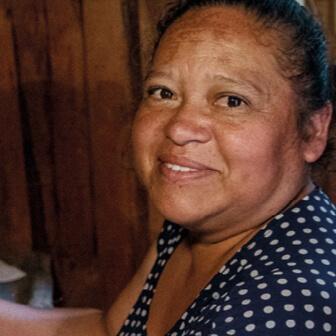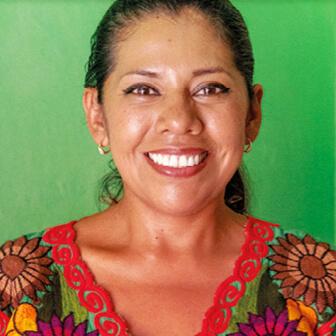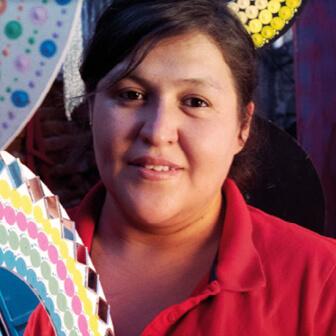Expanding health care access requires a gender perspective
5 marzo, 2021
Blog, Women's Month
By Marcos Lavandera, Global Health Innovation and Technology Coordinator
 Women’s leadership is essential in breaking down the barriers that exist around health care access and contributing to the development of Latin America.
Women’s leadership is essential in breaking down the barriers that exist around health care access and contributing to the development of Latin America.
There is ample evidence that social structures as they currently exist are putting women at a disadvantage in numerous areas, including health care.
On one hand, studies in medicine have traditionally focused on the masculine anatomy, resulting in a dearth of information that is ultimately harmful to women. Many questions are yet to be resolved, such as: How do certain illnesses affect women and men differently? What differences are seen in the ways that symptoms manifest? How effective are the same treatments and medicines across the board?
On the other hand, sociocultural factors continue to deepen the disparities in sexual and reproductive healthcare due to the stigmas surrounding it impeding effective access to preventative and treatment. Applying a gender lens when implementing health initiatives is crucial so women can access health care that is just and dignified.
The role of men in addressing these challenges must be active. It should be focused on understanding and combating the patriarchal structures that create privilege for men. For example, the burden of unpaid domestic work currently falls largely on women, with nearly 50% of women in Latin America not participating in the labor market.
We must also actively address issues related to toxic masculinity in order to develop healthy mechanisms that translate into how future generations will interact in the world. It is essential that we take a position of zero tolerance on violence toward women and girls, one that condones aggressors and accomplices.
I firmly believe that men must recognize the negative impact of machismo and hegemonic masculinity imposing the idea that men as strong and dominant. We must work toward the deconstruction of these dominant frameworks.
When I was in college, I learned that health is a fundamental element of personal and community development, one that can contribute to building stronger, more resilient societies. During that stage of my education, my health-related projects were focused on the study of ethnic Mexican communities, and it quickly became evident that there was much work to be done for marginalized groups. At Pro Mujer I found an opportunity to pursue my career with this social focus, and I have learned how important incorporating a gender perspective is to supporting women’s empowerment in Latin America.
We must pursue this progress toward equality from different perspectives, one of which is data collection and analysis, which allows us to identify what is lacking in certain areas and find solutions.
At Pro Mujer, we focus on implementing three key types of analysis: a gender analysis, epidemiological analysis, and social impact analysis. The first—the gender analysis—I consider the most important, as it is addresses all areas. A gender analysis consists of posing questions that go beyond the obvious in order to truly understand, that the same problem may have different causes for men and women, due to biological as well as sociocultural factors. An epidemiological analysis is useful to understand the type and degree of health problems in specific contexts and places, and then design or modify appropriate interventions and programs. Finally, a social impact analysis measures progress related to specific areas, such as education, financial inclusion, or improvements in the health and well-being of those involved.
The implementation of these three analyses allows us to draw conclusions and propose focused solutions, through which we may ultimately achieve more impactful results and progress toward women’s empowerment.
Adding a gender approach is key to ensure that health solutions are inclusive and have greater positive impact towards gender equality in Latin America.






